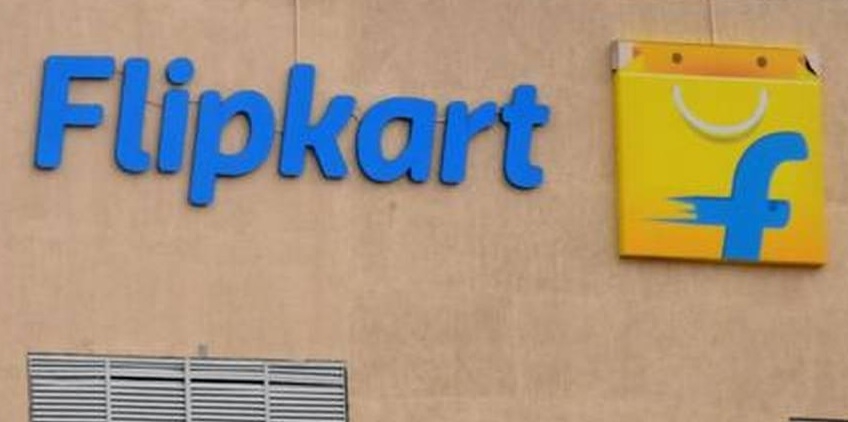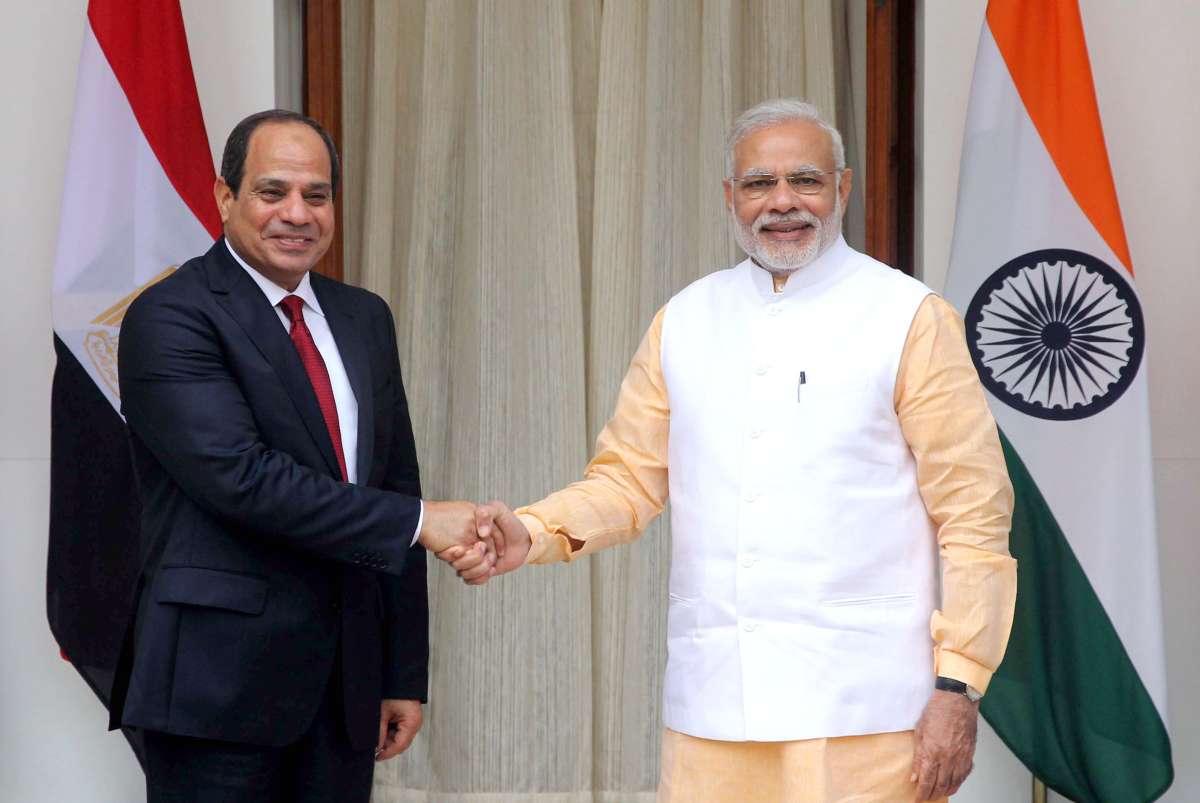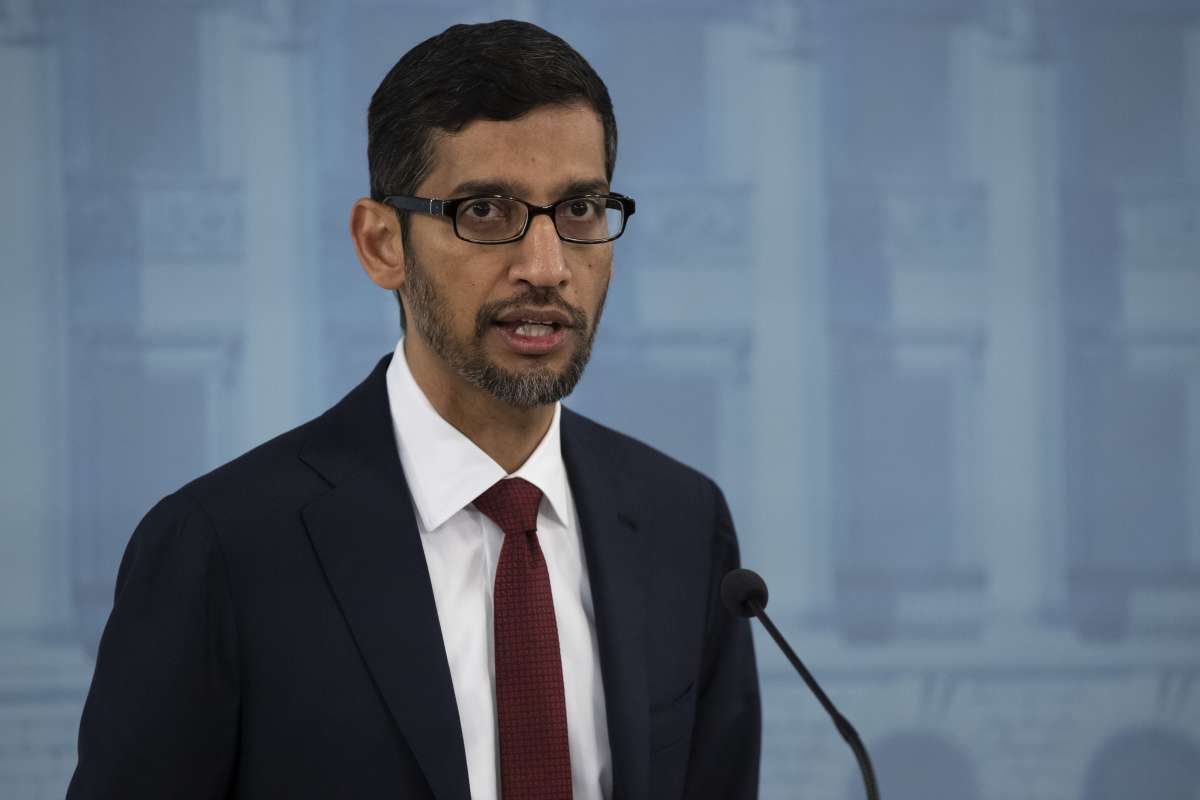According to industry estimates, the Flipkart group generated a loss of more than $1 billion in FY22, making it one of the top loss-making Indian unicorns….reports Asian Lite News
As recent reports claim how Walmart-backed Flipkart processed more orders than any of its rivals during the festive sales, these figures conceal the enormous financial loss that Flipkart has sustained, in an effort to remain relevant to the Indian consumers.
Flipkart spent more than $3.7 billion over the course of the year, following its latest round of funding in July 2021 to maintain consumer attention in a market dominated by Amazon as well as more recent domestic firms.
This burn rate of $3.7 billion is the greatest for any Indian firm, not just in the e-commerce industry.
According to regulatory filings, only roughly $700-800 million of the approximately $3.6 billion (about Rs 29,000 crore) raised by Flipkart in July last year remains.
Flipkart had $1 billion in cash in July 2021, but by September 2022, it had dropped to $887 million.
According to industry estimates, the Flipkart group generated a loss of more than $1 billion in FY22, making it one of the top loss-making Indian unicorns.
Its difficulties in charting a clear route to profitability, as well as its mounting losses, appear to have alarmed even Walmart.
Seller dissatisfaction, on the other hand, continues to plague Flipkart and is rising in magnitude with the company.
Currently, 20-30 per cent of Flipkart’s sales come from alpha sellers – preferred suppliers that buy from the business’s wholesale arm and help the company lawfully run an inventory-led model.
The marketplace, according to small sellers, prioritises products from these alpha merchants, resulting in decreased volumes for them.

Furthermore, the company’s private labels have enraged small sellers, who claim the site uses their data to create competing merchandise.
Moreover, a lot of small sellers claim that after making several sales on Flipkart, the outstanding receivables – the final settlement sum that the e-commerce giant pays after deducting the commission, shipping fee, and other expenses, end up being negative.
They often learn about this extremely late, which just makes matters worse. Unknown and delayed deductions from their accounts are one of the most frequent problems that sellers have.
Since they get debits after closing the books of accounts for the financial year, this makes it challenging for sellers to tally their balance sheets. Despite the fact that this isn’t an industry norm, it is still practiced by Flipkart.
These deductions frequently go unexplained and are challenging to substantiate in the context of the particular order against which they were levied.
Today, most vendors are caught in a losing scenario. The fact that only 5 per cent of the sellers control about 95 per cent of the business puts small sellers in a tough position and makes opting to exit a challenge.
In another claim, it was learnt that Shopsy was introduced by Flipkart at 0 per cent commission, and much of the merchandise from Flipkart was put on Shopsy without the vendors’ consent.
Although it initially provided decent margins for merchants, Flipkart upped shipping charges for sellers within a few months and has revised it several times since then, making it a very unstable platform for sellers with more ambiguity than clarity.
Being inconsistent with its regulations in the face of increased competition seems counterintuitive for a seasoned e- commerce company.
Because ofthe fluctuating commissions and other fees imposed by the e- commerce company, small sellers often end up feeling the squeeze more intensely.
It is understandable why the business has come under the scanner of the Competition Commission of India, an antitrust watchdog, for a number of reasons, including giving certain vendors special treatment.
In this context, the recently launched Open Network for Digital Commerce (ONDC) poses a challenge to Flipkart since the government-led project enables small merchants to list directly and pay far less for marketplace commissions.














